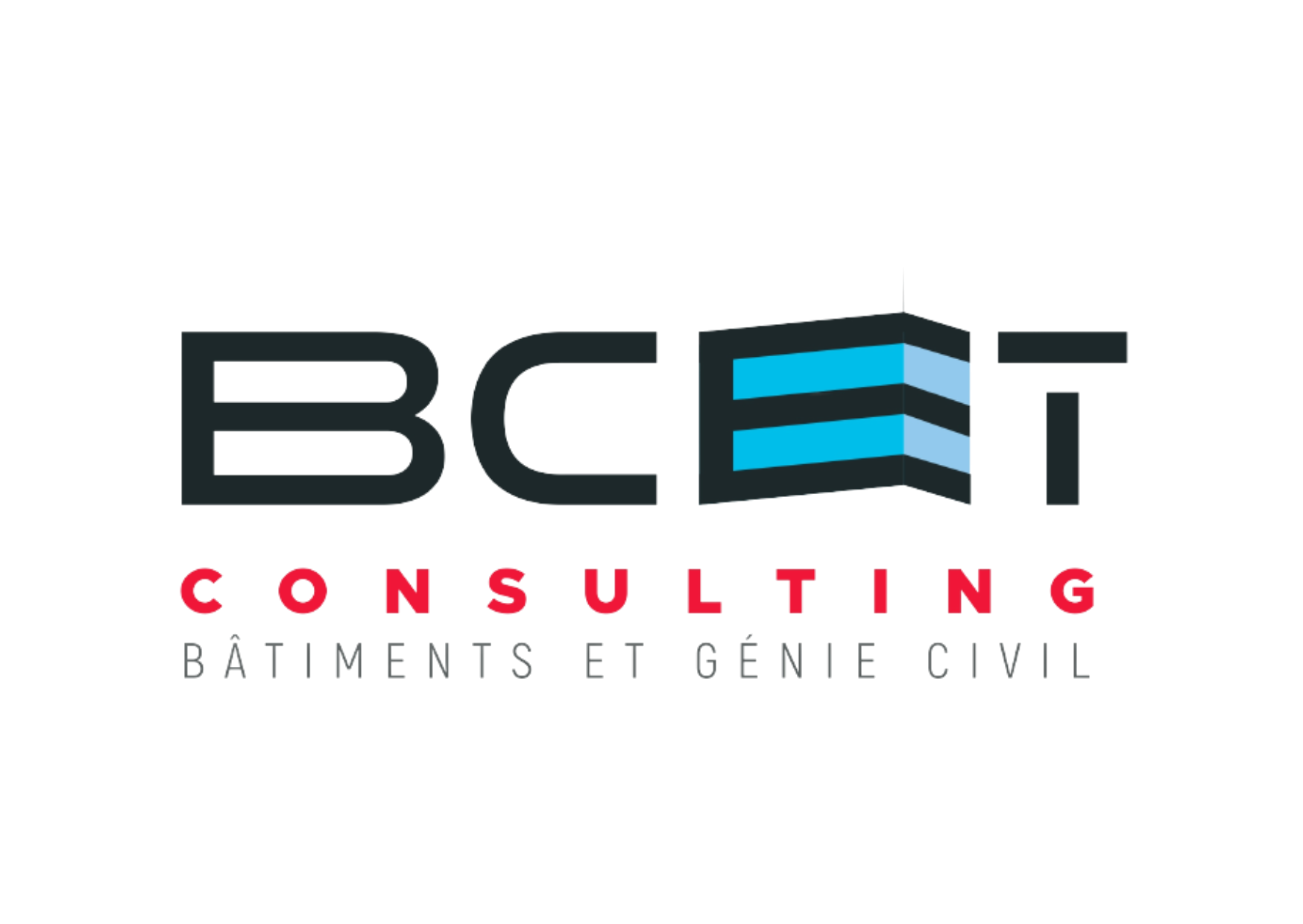The Maturation of Google Search: From Keywords to AI-Powered Answers
From its 1998 launch, Google Search has metamorphosed from a primitive keyword interpreter into a advanced, AI-driven answer technology. In early days, Google’s triumph was PageRank, which ranked pages determined by the worth and abundance of inbound links. This transformed the web from keyword stuffing in favor of content that achieved trust and citations.
As the internet developed and mobile devices surged, search actions varied. Google unveiled universal search to consolidate results (press, thumbnails, streams) and then stressed mobile-first indexing to embody how people practically explore. Voice queries utilizing Google Now and subsequently Google Assistant pushed the system to interpret conversational, context-rich questions instead of curt keyword sequences.
The further evolution was machine learning. With RankBrain, Google undertook deciphering up until then fresh queries and user motive. BERT refined this by interpreting the complexity of natural language—syntactic markers, background, and ties between words—so results more successfully related to what people were asking, not just what they recorded. MUM enhanced understanding spanning languages and representations, making possible the engine to correlate corresponding ideas and media types in more polished ways.
Nowadays, generative AI is reinventing the results page. Trials like AI Overviews unify information from multiple sources to give brief, applicable answers, typically joined by citations and onward suggestions. This shrinks the need to select multiple links to synthesize an understanding, while yet conducting users to richer resources when they seek to explore.
For users, this progression implies more immediate, more specific answers. For contributors and businesses, it rewards meat, innovation, and clarity over shortcuts. Going forward, prepare for search to become continually multimodal—intuitively mixing text, images, and video—and more customized, accommodating to configurations and tasks. The odyssey from keywords to AI-powered answers is primarily about reimagining search from discovering pages to finishing jobs.
